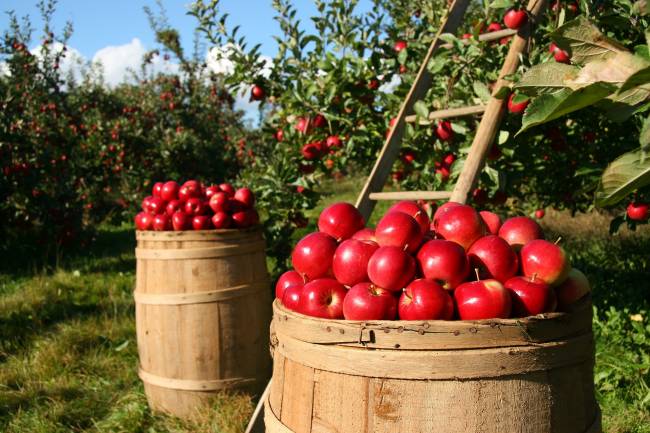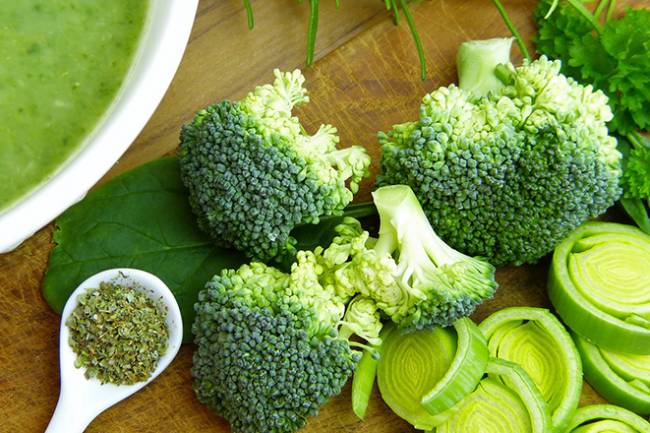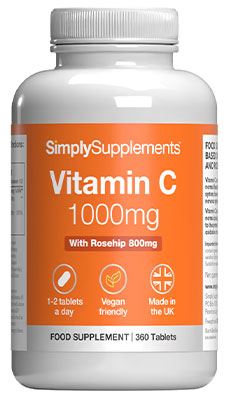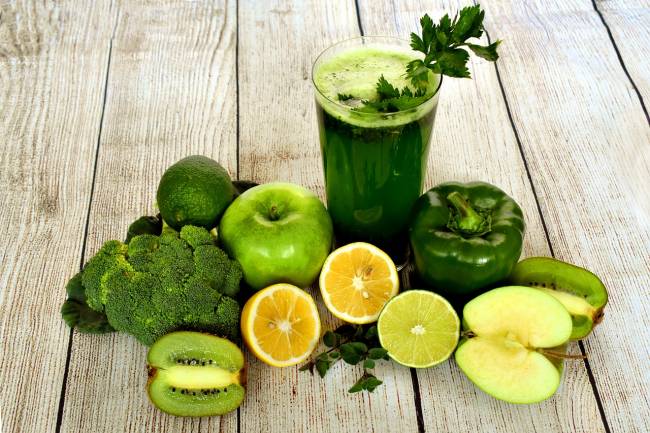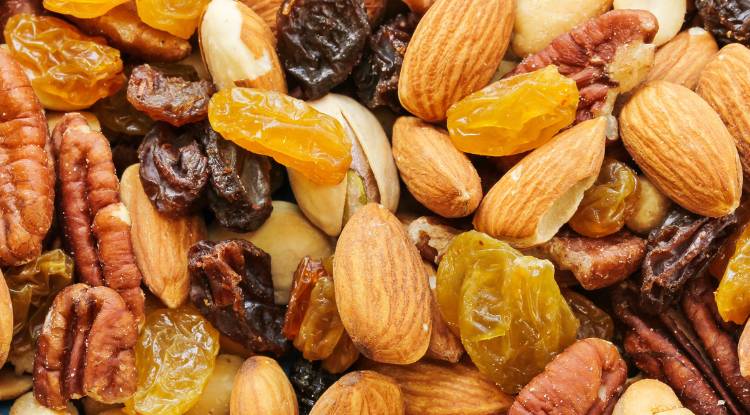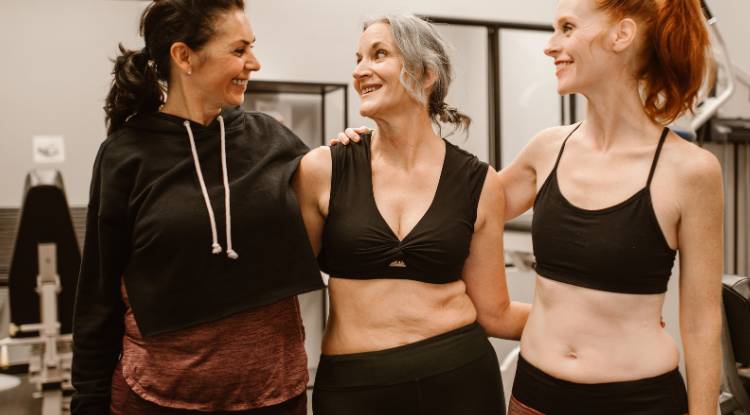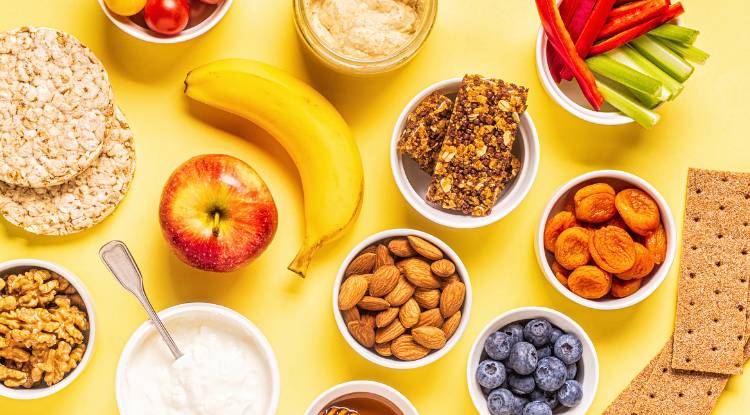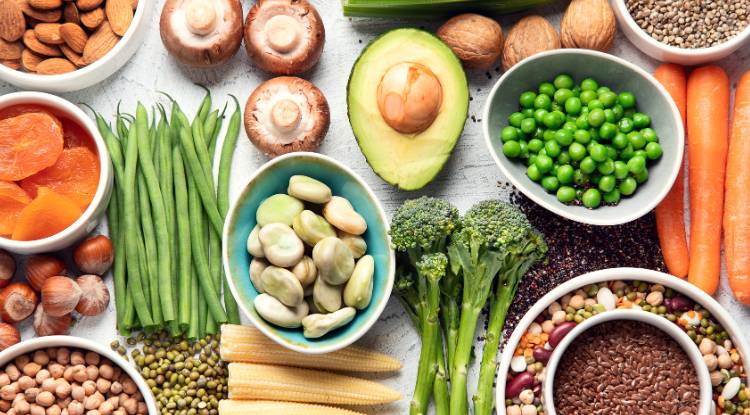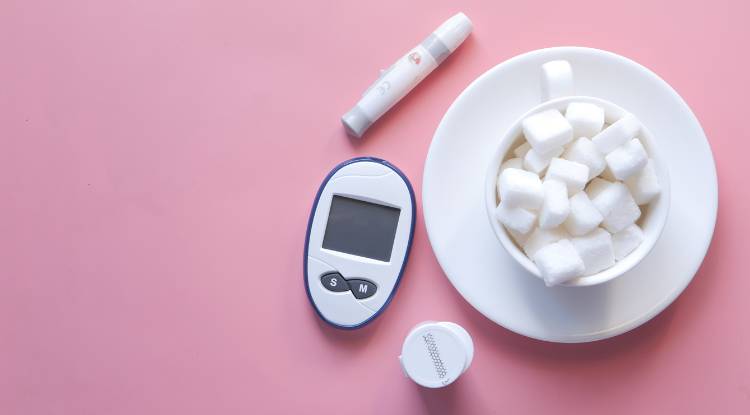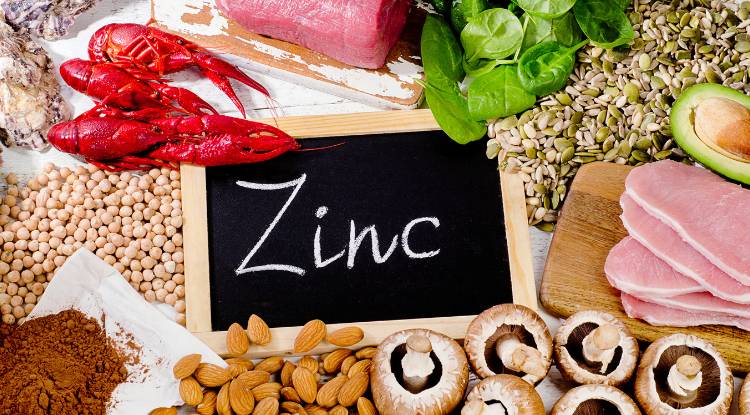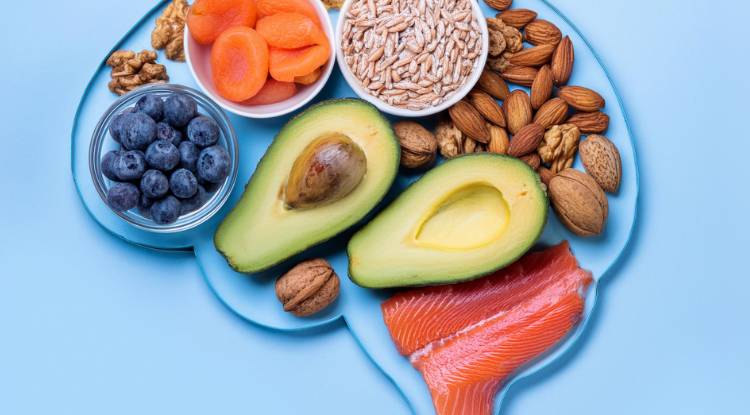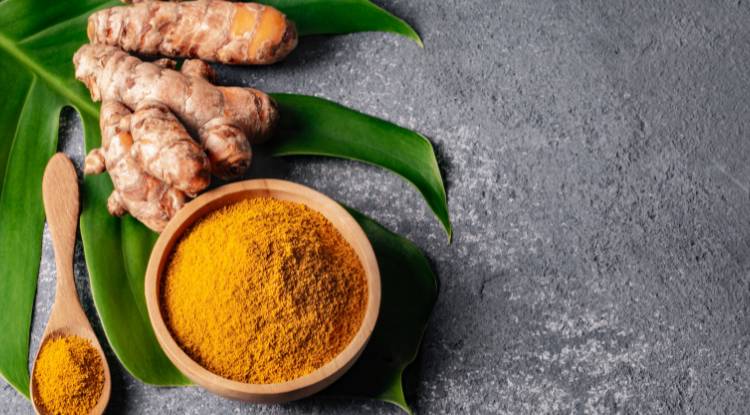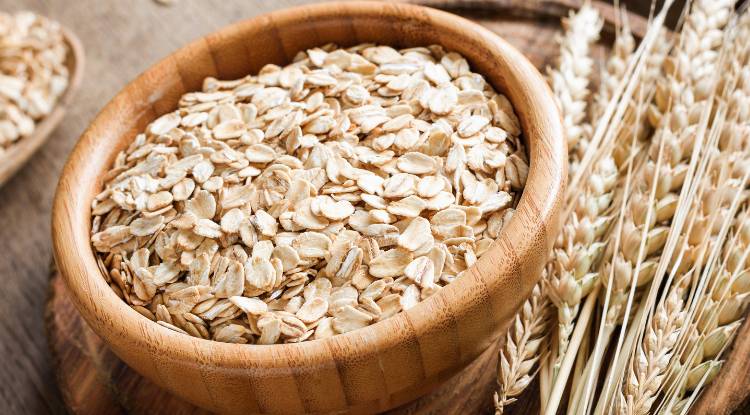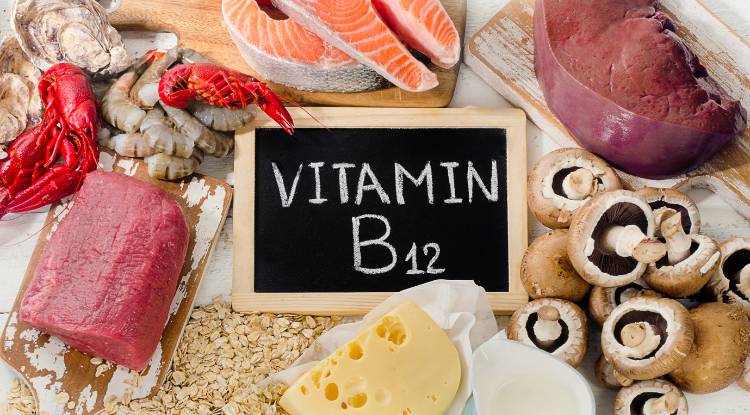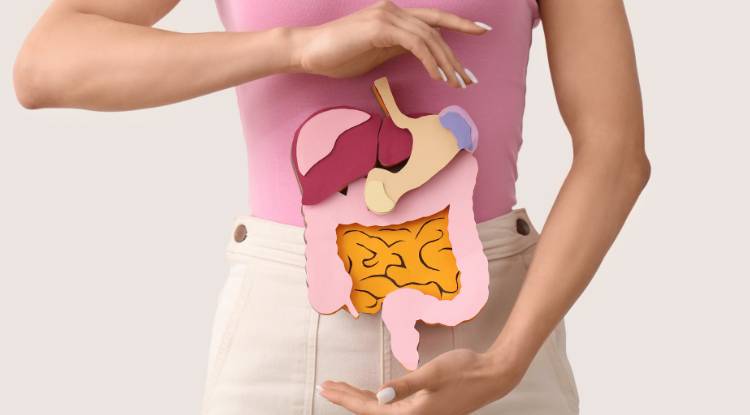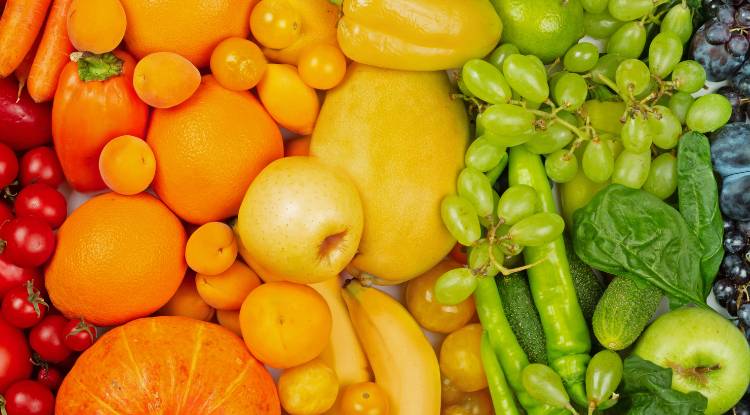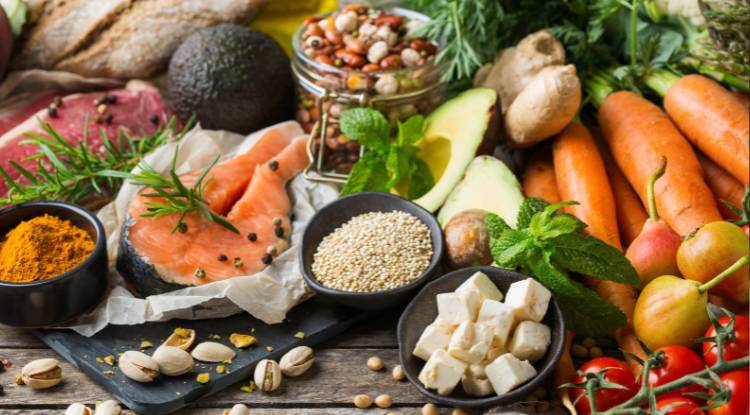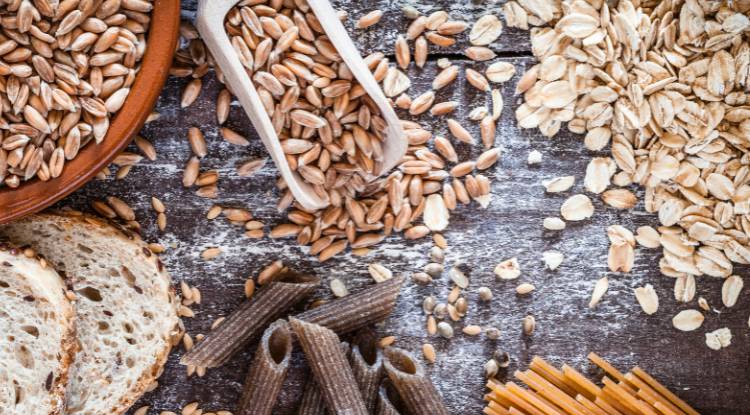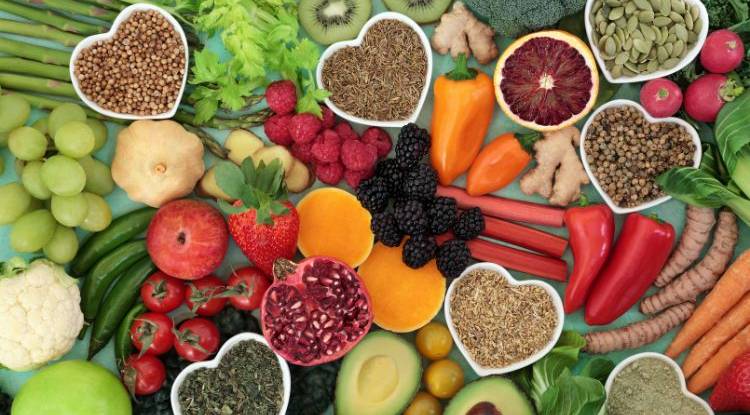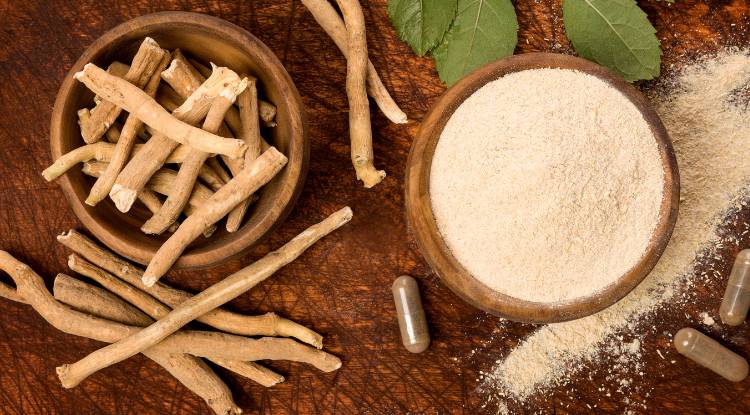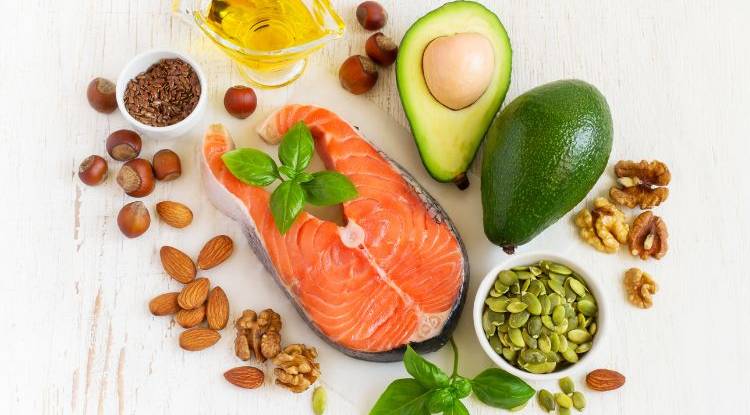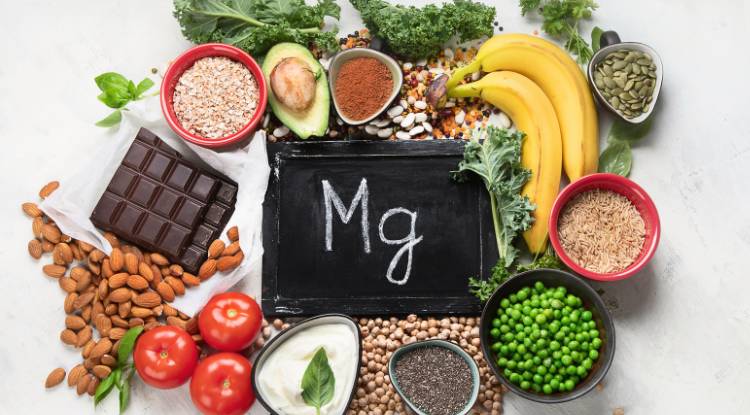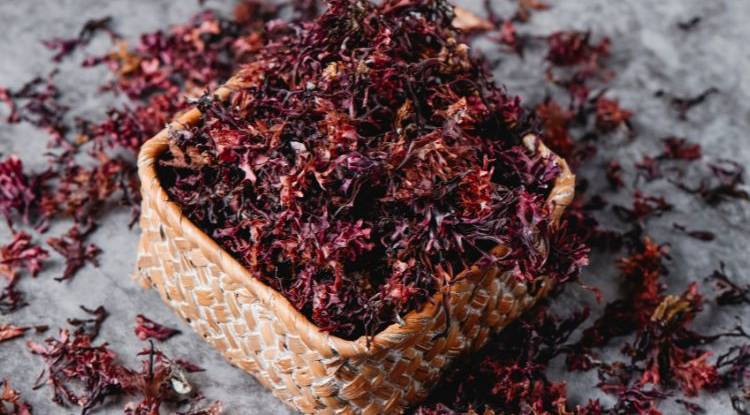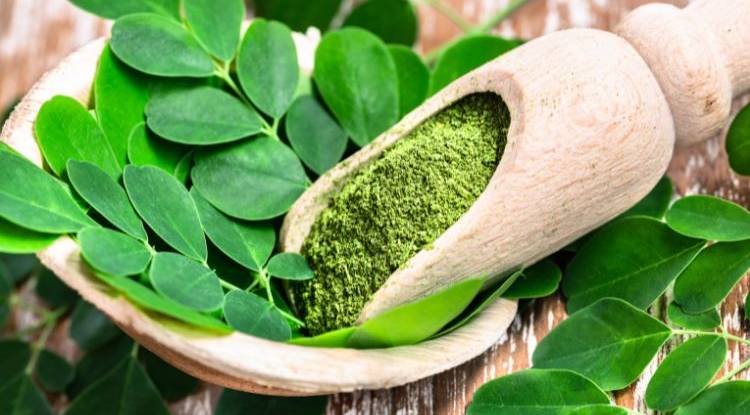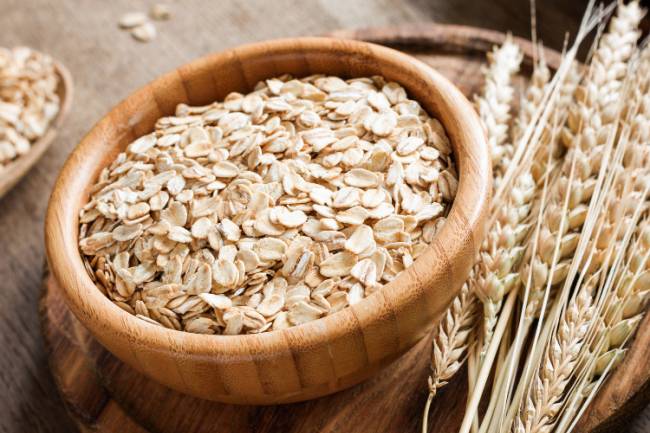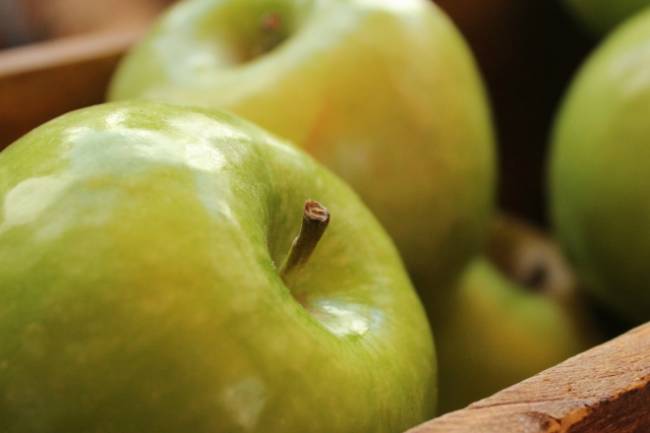Nutrition for Healthy Ageing: How to Support Your Body with the Right Diet and Lifestyle

As we age, our bodies undergo natural changes that can impact our physical, mental, and emotional well-being. However, many of these age-related changes can be managed or even delayed with proper nutrition and lifestyle choices.
Nutrition, exercise and lifestyle can profoundly affect how we age, influencing everything from cognitive function and bone health to skin appearance and immune system efficiency.
In this article, we will explore the role of nutrition in healthy aging, the essential nutrients that support longevity, and lifestyle habits that can enhance your quality of life as you age.
The Importance of Nutrition in Ageing
Good nutrition is one of the cornerstones of healthy aging. As we age, our bodies may require different nutrients in different quantities. In addition to maintaining a balanced diet that meets general health needs, older adults must pay particular attention to certain nutrients to combat the challenges of aging, including slower metabolism, decreased bone density, loss of muscle mass, cognitive decline, and weaker immune function.
When we consume a varied and nutrient-rich diet, we provide our bodies with the tools they need to repair, maintain, and support various functions, including those crucial for longevity. Adequate nutrition can help delay or mitigate the effects of chronic diseases such as heart disease, diabetes, and osteoporosis.
Key Nutrients for Healthy Ageing
Certain vitamins, minerals, and other nutrients play an essential role in keeping our bodies functioning optimally as we age. Below are some of the most important nutrients for healthy aging and their benefits:
1. Vitamin D and Calcium: Bone Health
As we age, our bone density naturally declines, increasing the risk of fractures and conditions like osteoporosis. Calcium and vitamin D work together to support bone health by promoting calcium absorption and helping maintain bone strength. Vitamin D also plays a critical role in supporting the immune system and regulating mood.
Best sources: Dairy products (milk, yogurt, cheese), fortified plant-based milks, fatty fish (salmon, mackerel), egg yolks, fortified cereals, and mushrooms exposed to sunlight.
Supplementation: Vitamin D supplementation is often recommended for older adults since it can be challenging to get enough vitamin D from food alone, especially for those with limited sun exposure.
2. Omega-3 Fatty Acids: Heart and Brain Health
Omega-3 fatty acids, particularly EPA and DHA, are essential fats that contribute to brain health, heart health, and joint health. Research shows that omega-3s can help reduce inflammation, lower the risk of cardiovascular diseases, and improve cognitive function. Omega-3s also support joint flexibility and reduce symptoms of arthritis, making them particularly beneficial as we age.
Best sources: Fatty fish (salmon, sardines, mackerel, herring), walnuts, chia seeds, flaxseeds, and omega-3-rich oils (such as flaxseed oil and walnut oil).
Supplementation: If you don’t consume enough fatty fish, a high-quality fish oil or algae-based supplement can help.
3. B Vitamins: Energy and Cognitive Function
B vitamins, including B12, B6, and folate, are crucial for energy production, brain health, and red blood cell formation. Vitamin B12, in particular, becomes harder for the body to absorb as we age, potentially leading to deficiencies that can cause fatigue, anemia, and cognitive issues. Folate and vitamin B6 are also essential for brain function and the reduction of homocysteine levels, a marker associated with an increased risk of dementia.
Best sources: Leafy greens, whole grains, legumes, eggs, dairy products, and lean meats.
Supplementation: Vitamin B12 supplementation may be necessary for older adults, especially for those who follow a plant-based diet or have digestive issues that affect absorption.
4. Antioxidants (Vitamins C & E): Skin, Eyes, and Immune Health
Antioxidants, including vitamins C and E, are essential for combating oxidative stress, which increases with age and contributes to the development of chronic diseases and visible signs of aging, such as wrinkles and fine lines. Antioxidants help protect the skin from sun damage and support immune health by reducing inflammation.
Best sources of vitamin C: Citrus fruits, strawberries, bell peppers, broccoli, and kiwis.
Best sources of vitamin E: Nuts and seeds, vegetable oils (rapeseed, olive oil), green leafy vegetables, and avocados.
5. Protein: Muscle Mass and Metabolism
As we age, we naturally lose muscle mass, which can lead to weakness, frailty, and decreased mobility. Protein is essential for maintaining muscle mass, repairing tissues, and supporting metabolic processes. Older adults may require higher protein intake to maintain or build muscle, especially if they engage in strength training or other forms of exercise. Protein also supports immune function and blood sugar management.
Best sources: Lean meats (chicken, turkey), fish, eggs, dairy products, legumes, beans, lentils and tofu.
6. Fiber: Digestive Health and Reduced Disease Risk
Fiber is crucial for maintaining digestive health, preventing constipation, and managing weight. As we age, our digestive system may slow down, and fiber can help keep things moving and promote a healthy gut microbiome. Fiber also helps regulate blood sugar and cholesterol levels, reducing the risk of developing diabetes and heart disease.
Best sources: Whole grains, fruits, vegetables, legumes, nuts, and seeds.
7. Magnesium: Muscle Function and Sleep
Magnesium is an essential mineral that supports muscle function, bone health, and the regulation of blood sugar levels. As we age, magnesium deficiency can contribute to muscle cramps, poor sleep, and heart palpitations. Magnesium also helps manage stress and promotes relaxation, which can improve overall mental well-being.
Best sources: Leafy greens (spinach, kale), nuts (almonds, cashews), seeds (pumpkin seeds), whole grains, and legumes.
Lifestyle Habits That Support Healthy Ageing
In addition to eating a nutrient-rich diet, several lifestyle habits can complement good nutrition to promote healthy aging and improve overall quality of life.
1. Physical Activity: Keeping Active for Longevity
Regular physical activity is one of the best ways to combat the effects of aging. Exercise helps maintain muscle strength, flexibility, and bone density while reducing the risk of chronic diseases such as heart disease, diabetes, and osteoporosis. Activities such as strength training, walking, swimming, and yoga can enhance balance and coordination, reducing the risk of falls.
Aim for a minimum of 150 minutes of moderate-intensity aerobic activity each week, along with two days of muscle-strengthening activities.
2. Adequate Sleep: Rest and Repair
Sleep is essential for overall health and well-being. It allows the body to repair and regenerate tissues, consolidate memories, and regulate metabolism. As we age, sleep patterns may change, with many older adults experiencing disrupted sleep or insomnia. Prioritising good sleep hygiene, such as creating a calming bedtime routine, limiting screen time before bed, and managing stress, can help improve sleep quality.
3. Stress Management: Reducing Chronic Stress
Chronic stress can have a detrimental effect on health and speed up the aging process by increasing the production of stress hormones like cortisol. High cortisol levels can lead to inflammation, a weakened immune system, and an increased risk of chronic diseases. Stress management techniques such as meditation, mindfulness, deep breathing, and yoga can reduce the negative impact of stress on the body and mind.
4. Social Connections: Mental and Emotional Well-being
Maintaining strong social relationships is crucial for mental health and well-being as we age. Social connections can help combat loneliness, reduce stress, and even improve cognitive function. Staying engaged with family, friends, and community activities can contribute to emotional well-being and a greater sense of purpose in life.
5. Hydration: Drinking Plenty of Water
As we age, our sense of thirst may diminish, which can lead to dehydration, a factor associated with increased hospitalisation. Proper hydration is crucial for maintaining healthy skin, regulating body temperature, and supporting digestive function. Make sure to drink plenty of water throughout the day and include hydrating foods like fruits and vegetables in your diet.
Conclusion
Healthy aging is not simply about adding years to life but about adding life to years. With the right nutrition, physical activity, and lifestyle habits, we can enhance our quality of life and mitigate many of the challenges that come with age.
Focus on consuming a balanced diet rich in essential nutrients, including protein, omega-3 fatty acids, vitamins, and minerals. Incorporate regular physical activity, manage stress, prioritise sleep, and nurture social connections to support both your body and mind.
By making these healthy choices today, you can improve your chances of aging gracefully and enjoying a longer, more fulfilling life. Simply Supplements offers a wide range of high-quality supplements to support your overall health and well-being. However, before introducing any new supplement to your routine, it’s always best to speak with a qualified healthcare professional, as certain supplements may interact with medications or may not be suitable for everyone.
Sources:
https://www.mdpi.com/2072-6643/15/1/47
https://eurapa.biomedcentral.com/articles/10.1186/s11556-024-00362-7
https://eurapa.biomedcentral.com/articles/10.1186/s11556-024-00362-7

 Funmi Akinola (Msc, Anutr)
Funmi Akinola (Msc, Anutr) 
